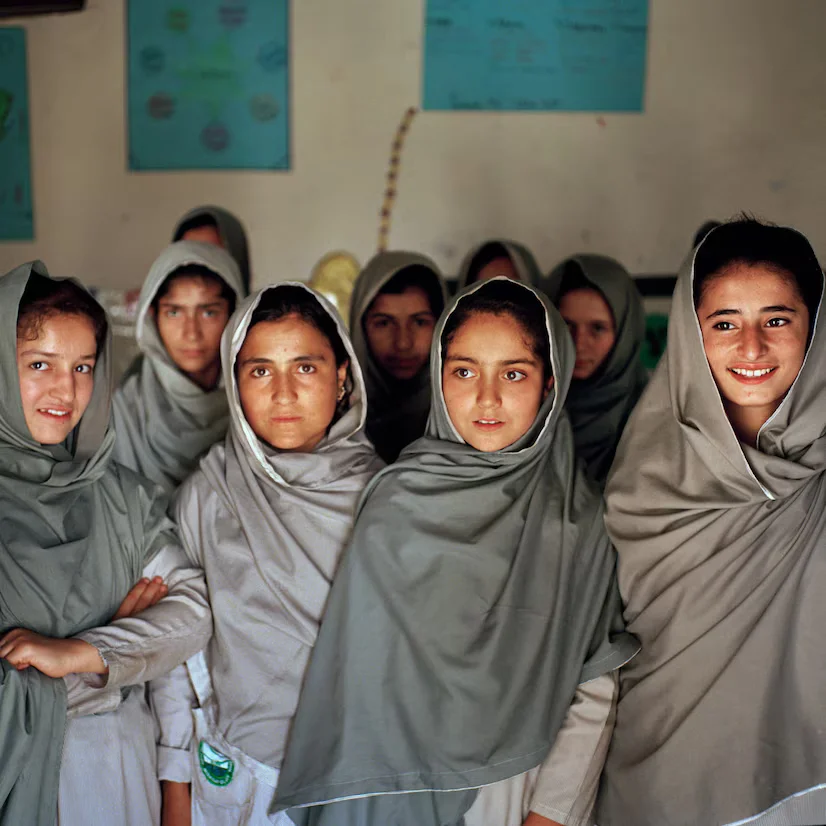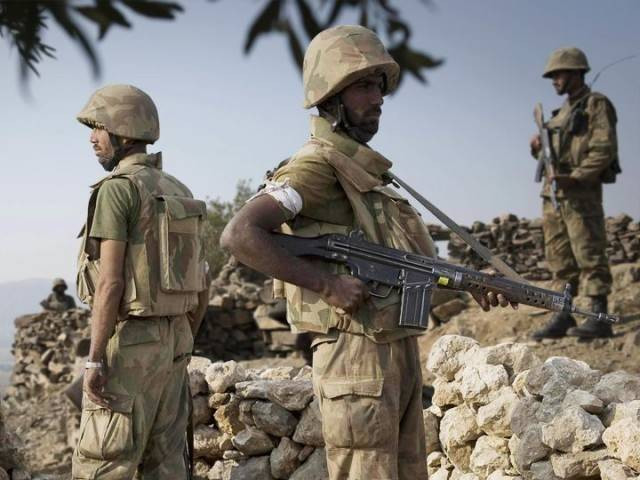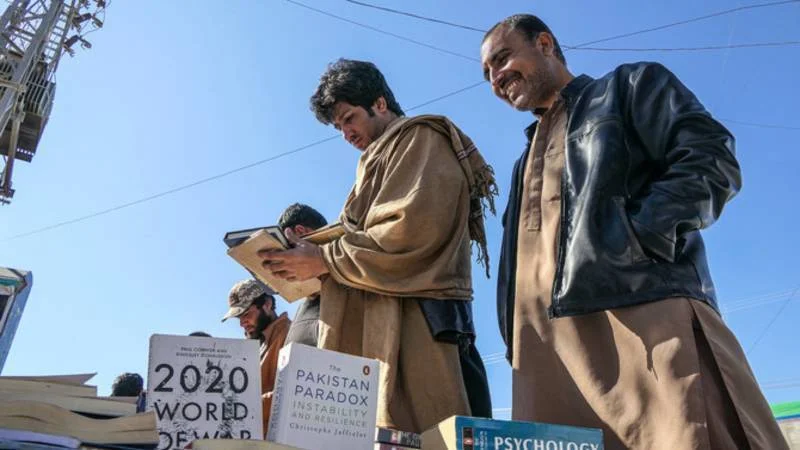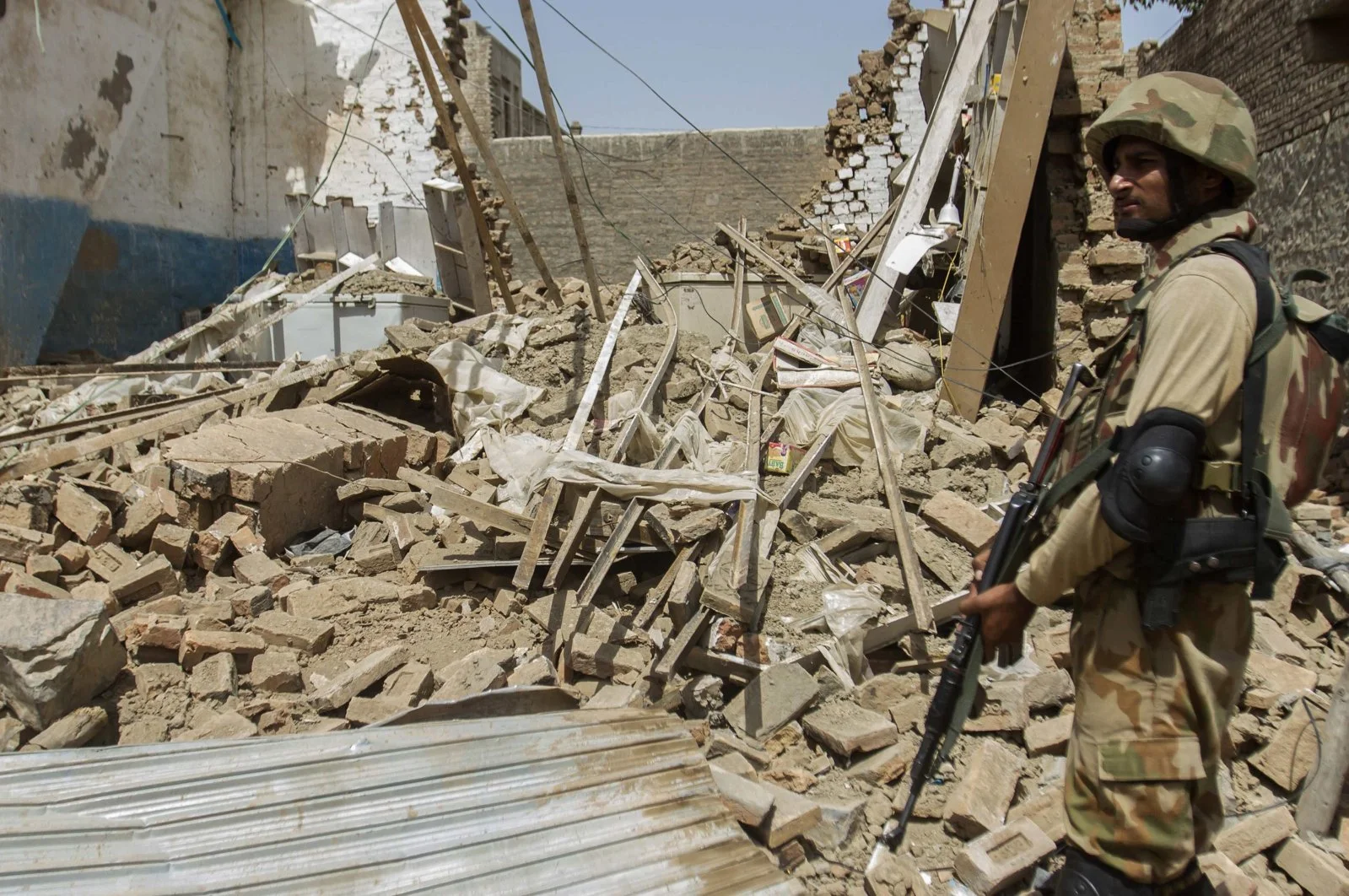ISLAMABAD: Pakistan on Monday dismissed India’s accusation about an attack in Indian-occupied Kashmir, saying “no shred of evidence” had been shared by New Delhi even after a week of the killing of over two dozen tourists in Pahalgam.
New Delhi accused Pakistan of backing the deadliest attack in Indian-occupied Kashmir since 2000 that killed 26 tourists on April 22. Islamabad has denied the Indian claims. Both countries have announced a series of punitive measures against each other amid heightened tensions over the attack.
Last week, Pakistan Prime Minister Shehbaz Sharif said the tragic incident in Pahalgam was yet another example of New Delhi’s “perpetual blame game” that must come to a halt, adding that Islamabad was “open to participate in any neutral, transparent and credible investigation.”
On Tuesday, Lt. Gen. Ahmed Sharif Chaudhry, a spokesman of the Pakistani military, briefed local and foreign media journalists in Islamabad about the situation after the Pahalgam attack, describing the Indian allegations against Pakistan as “baseless.”
“Seven days have passed since Pahalgam incident, but so far, there has been no shred of evidence that has been provided to support the baseless allegations being made against Pakistan,” he said.
Also See: Pahalgam Attack: India Replays the Blame Script on Pakistan
A day after the attack, India suspended the World Bank-mediated Indus Waters Treaty of 1960 that ensures water for 80 percent of Pakistani farms, saying it would last until “Pakistan credibly and irrevocably abjures its support for cross-border terrorism.” Islamabad described India’s move as an “act of war” and closed the Pakistani airspace for India airlines among other tit-for-tat moves.
Tensions remain heightened between the two nuclear-armed neighbors amid fears that India may conduct limited airstrikes or special forces raids near its border with Pakistan. There have also been reports of crossfire between the two border forces along their de facto border in the disputed Kashmir region.
Chaudhry said there would be a detailed briefing into the post-Pahalgam attack situation and that India had mobilized a “terror network inside Pakistan, in which explosives, IEDs and other materials are being provided to terrorists to target not only [Pakistani] military but innocent civilians.”
The military spokesman showed purported audio clips, screenshots of WhatsApp conversations between Indian handlers of the network and their operatives in Pakistan as well as receipts of payment transfers, which could not be independently verified.
Pakistan and India have fought multiple wars, including two of them over Kashmir, since their independence from British rule in 1947. Both rule the region in part but claim it in full.
Amid heightened tensions, the United Nations (UN) and several countries, including China, Saudi Arabia, Iran and Egypt, have called on both sides to exercise restraint and resolve the latest crisis through dialogue.
This news is sourced from Arab News and is intended for informational purposes only.

![Pakistan rejects India's accusations on Pahalgam attack, calls them baseless amid rising tensions and mutual punitive actions. [Screengrab/ PTV News]](https://southasiatimes.org/wp-content/uploads/2025/04/4597122-1006535882.webp)




